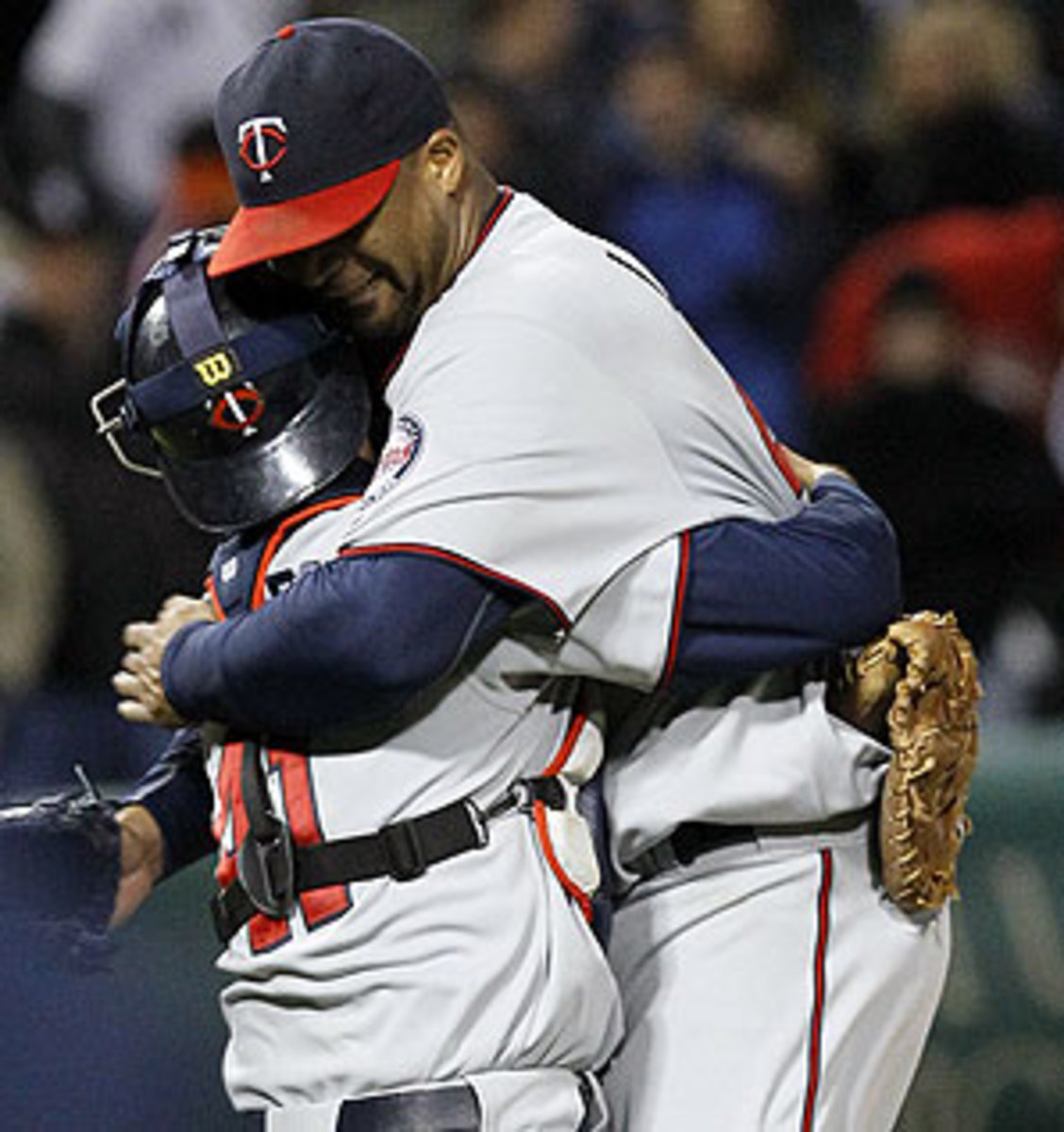
No hits doesn't mean there's no debate about year's best start
The answer can be found by using a statistic first worked up about 25 years ago by Bill James that gauges the quality of a start from a pitcher's stat line: the Game Score. Game Score is a quick-and-dirty way to put all starts on a meaningful performance scale, from the worst of the year -- which tend to run in single digits or even negative numbers -- to the best, which can break 100 but tend to settle in the 90s. Unlike many better-known sabermetric tools, Game Scores are easy to calculate and understand, and do not require extensive adjustments for ballpark and league to be useful.
[Game Score is calculated from the pitcher's boxscore line. Start at 50. For every batter the pitcher retires, add one. For every completed inning starting with the fifth, add two. (A nine-inning complete game is "87", a handy number to remember.) Add one point for each strikeout; subtract one for each walk; subtract four points for each earned run allowed, two points for each unearned run allowed, and two points for each hit allowed.]
Kuroda's performance netted him a 76 on this scale, a fairly pedestrian number. Tuesday night, Giants ace Tim Lincecum hung an 81 on the Diamondbacks with eight shutout innings and nine strikeouts. So far this year, 37 pitchers have broken 80 on this scale, about one a day. You may think that the best two starts of the season were by Francisco Liriano and Justin Verlander, the AL Central aces for the Twins and Tigers, respectively, who tossed no-hitters within days of each other last week. While those starts were historically significant, they weren't necessarily as dominant as some other games in which the opposition scratched out a hit or three against a starting pitcher.
By this scale, Verlander's no-no against the Blue Jays last Saturday was one of the best starts of the season. His complete-game shutout, with four strikeouts, one walk and no hits allowed, was a 90 on the scale. That's memorable. There were 18 starts with a Game Score of 90 or higher last year, and 12 in 2008 and 2009. From 2000-2010 there were 144 starts at that level, about 13 a season, one every two weeks. You remember these starts, they lead "MLB Tonight," and sometimes you even save the ticket from the game.
Verlander's no-hitter, though, isn't quite at the top of the list. Three starts have been a tick better by this method, which puts some weight on a dominant strikeout performance. Back on April 14, the Phillies' Cliff Lee shut out the Nationals on three hits, striking out 12 and walking one. The strikeouts mean a bit more, in grading the start, than do the hits, and Lee finishes with a Game Score of 92, the highest of the year. Two other starts, by the Diamondbacks' Ian Kennedy and the Angels' Dan Haren, come in at 91. By their structure, Game Scores are designed to reward keeping runs off the board first, going deep into the game second, then the shape of the performance third.
What about Liriano's May 3 masterpiece? Well, walking more men than you strike out is usually the sign of an ineffective start. Liriano's game, an exception to that rule, comes in at 83, tied for the 18th-best start of 2011, and it sticks out. Liriano is the only pitcher this year to break 80 while walking more men than he struck out, and the only pitcher to break 80 with more than four walks in the game.
Here are the top 10 pitching performances of the season, as ranked by Game Score:
To give you an idea of the top of the scale, note that there have been just 80 starts since 1919 to reach 100, less than one per season. The vast majority of those involved pitchers going extra innings -- the all-time record is 127, held by three pitchers, two of whom faced each other in a 26-inning tie on May 1, 1920. Eight pitchers have reached 100 in a nine-inning game, most recently Brandon Morrow in his 17-strikeout no-hit bid last August 8. The record Game Score in a nine-inning start is Kerry Wood's 105 in his 20-strikeout one-hitter on May 6, 1998.




